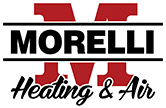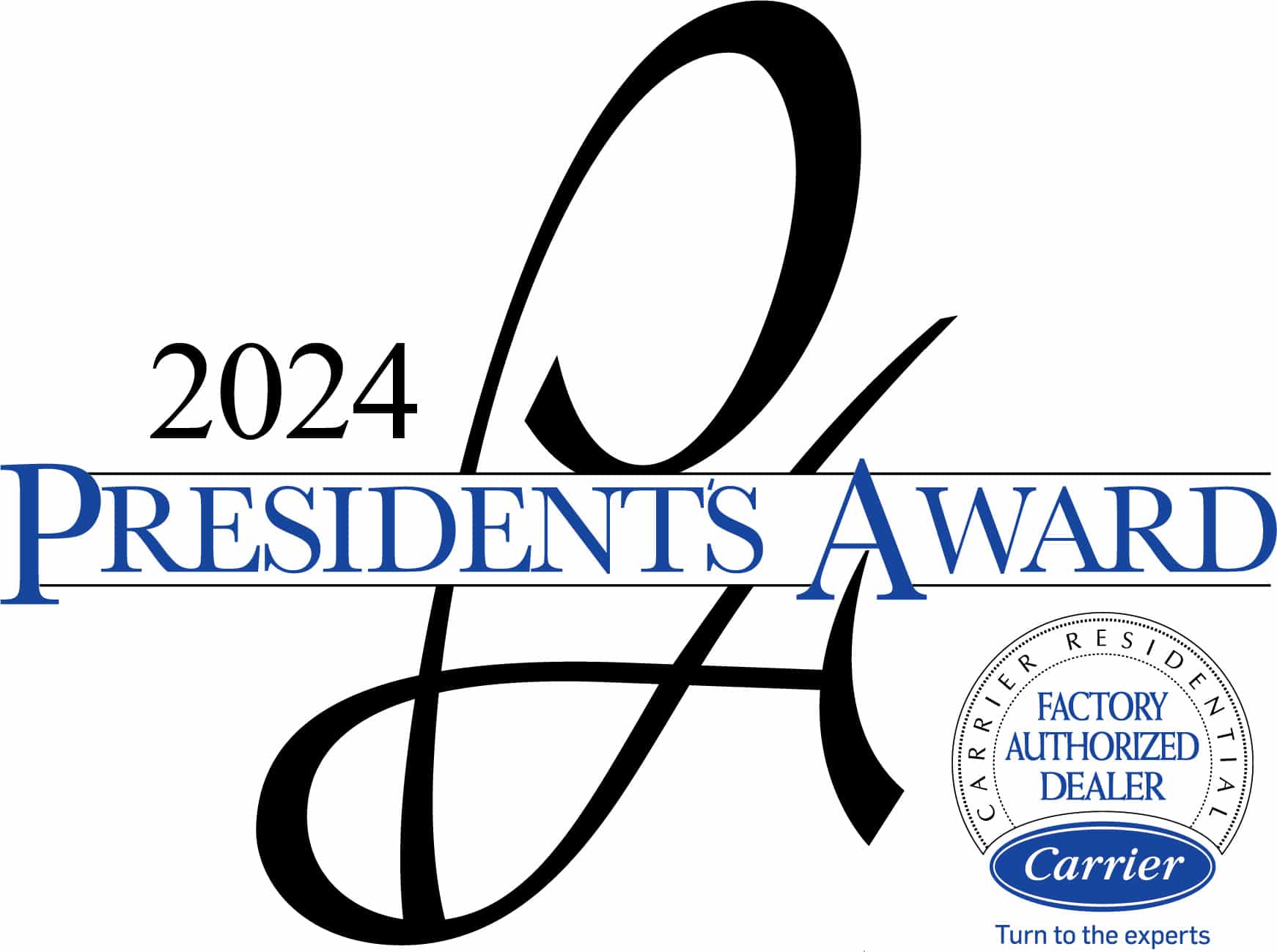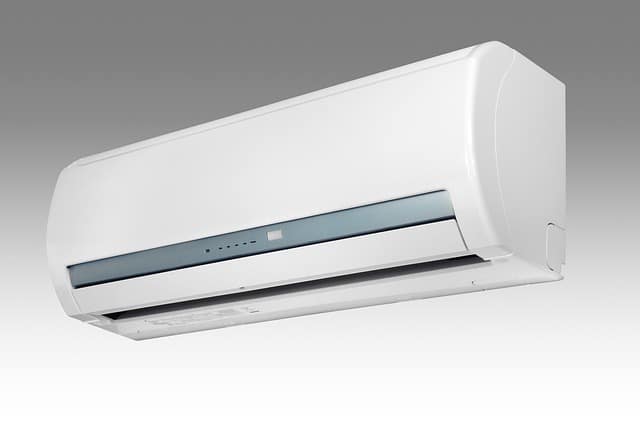In the balmy ambiance of Charleston, South Carolina, where the summers are sultry and the humidity unforgiving, a smooth sailing air conditioning system isn’t just a creature comfort, it’s a necessity. But what happens when the cool breeze from your AC feels more like a tepid whisper? Poor airflow can be a maddening issue, especially when it results in a home that’s stuffy and muggy, rather than the welcoming retreat you envisioned.
This blog post is your roadmap to understanding and rectifying poor airflow issues with your air conditioning system. From identifying the subtle signs to diagnosing the root causes and implementing solutions, we’re here to help you restore the free, fresh feeling of a gentle gust through your home.
Signs Your AC Has Poor Airflow
Before you can treat an ailment, you have to recognize the symptoms. Poor airflow isn’t just about the AC feeling less powerful; it comes with a host of indicators that can be overlooked or mistaken for other issues. Here are the most common signs that your AC’s air circulation isn’t up to par:
Insufficient Cooling
Feeling the heat indoors, even with the AC cranked up? This could be a sign that the cold air isn’t being distributed effectively, often due to a blockage or a failing component within the system.
Uneven Temperatures
Some areas of your home may be significantly cooler than others. Known as ‘hot spots,’ these areas are usually under-ventilated and can be a cause for concern, both in comfort and efficiency.
Weak Airflow
If the air pressure from your vents has weakened over time, don’t just assume it’s part of aging equipment. Decreased airflow can be as simple to fix as changing a clogged filter or as complex as repairing a malfunctioning blower.
Increased Dust Buildup
Airborne particulates should be effectively captured by your AC’s filtration system. However, when ventilation is poor, you might notice a surprising uptick in the amount of dust settling on surfaces around your home.
Varying Airflow Intensity
While it’s normal for an AC’s blower to adjust airflow based on the temperature setting, random changes that don’t correspond with your adjustments could indicate a problem with the system’s operation.
Now that we’ve tuned into the symptoms, it’s time to diagnose the disease.
7 Causes of Poor Airflow from AC
Generally, poor airflow stems from one of several common issues that plague air conditioning systems. Addressing these concerns promptly can save you from more significant problems down the line. Here are the seven most likely culprits:
Dirty or Clogged Filters
Air filters are the unsung heroes of your AC system. They prevent dust and debris from entering and blocking the sensitive internals. Over time, they become caked with dirt, reducing the amount of air that can pass through. Regularly changing or cleaning filters can significantly improve airflow.
Insufficient Refrigerant
The refrigerant in your AC is responsible for cooling the air. If levels are too low, the system will struggle to cool sufficiently, leading to poor airflow. This issue is not only detrimental to comfort but can also lead to more severe damage to the unit.
Leaky Ductwork
Ducts distribute the cooled air throughout your home, but if they have leaks, they’ll end up wasting much of it in unconditioned spaces like attics or crawl spaces. Proper sealing of ducts can remedy this, enhancing airflow efficiency.
Obstructed Vents
Blocked vents are a frequent and easily fixable issue. They’re often the result of furniture rearrangements, decorative objects, or even unintentional closures. Keeping vents free from obstruction ensures optimal airflow.
Faulty Blower Motor
The blower motor’s primary function is to circulate conditioned air throughout the ductwork. Over time, it can wear out, leading to weak airflow. Sometimes, a simple cleaning can do the trick, but if it’s faulty, a replacement might be necessary.
Improperly Sized AC Unit
An AC system that’s too big or too small for your home’s square footage can lead to a plethora of problems, including poor airflow. A professional assessment and new installation may be required to rectify this.
Dirty Coils
The evaporator and condenser coils in the AC’s outdoor unit can also fall victim to dirt and grime. When coated, the system’s ability to transfer heat is impeded, leading to inefficient cooling and reduced airflow.
By systematically checking your system for these issues, you’ll be well on your way to better air circulation.
How to Improve AC Airflow
Here are several strategies to enhance the airflow in your home, many of which you can perform yourself:
Regular Maintenance
Scheduled maintenance is crucial to keeping your AC system functioning optimally. From cleaning coils to lubricating moving parts, a professional HVAC technician can perform tasks that significantly improve airflow.
Clear the Space Around Your Vents
Check to make sure that furniture, drapes, and other items aren’t blocking the flow of air from your vents. Clearing the area around the vents by at least a few feet can make a notable difference.
Keep Your Ducts Clean
Regular duct cleaning can prevent the build-up of dust, mold, and other contaminants that impede airflow. This is a job best left to the professionals, who have the equipment to clean your ducts thoroughly without introducing further problems.
Optimize Ventilation
In some cases, adjustments to the ductwork or the addition of booster fans can enhance overall air circulation. A professional can advise on the best approach for your home’s specific needs.
Upgrade Your Filters
Consider switching to high-efficiency air filters, or electrostatic filters, which are designed to catch smaller particles, thereby reducing the likelihood of clogs and ensuring proper airflow.
With a committed approach to maintenance and keeping a watchful eye on how your AC system operates, you can ward off the effects of poor airflow.
When to Seek Professional Help
Sometimes, despite your best efforts, a persistent poor airflow issue requires professional intervention. Here are some indications that it’s time to call in the experts:
- If you’ve checked the common causes but the problem persists.
- When noises like rattling, screeching or banging accompany reduced airflow, indicating internal mechanical issues.
- If you’re unsure about how to safely inspect or correct certain aspects of your AC system.
Don’t hesitate to reach out to an HVAC professional. It’s an investment in the long-term health and efficiency of your cooling system.
Conclusion
Your home should be a sanctuary from the heat, and a reliable AC system is essential for maintaining comfort. By understanding the signs, causes, and solutions to poor airflow, Charleston homeowners can take proactive steps to ensure their living spaces remain cool and inviting. Regular maintenance, timely troubleshooting, and professional care will keep your AC system running at its best, ensuring you always have the refreshing breeze you deserve. With these insights in hand, you can breathe easy and bask in the cool comfort of a well-ventilated home. If you need expert help, turn to the problem solvers at Morelli Heating and Air Conditioning for a breath of fresh air! 💨 Our expert technicians are ready to tackle any airflow issues your AC may be facing, ensuring your comfort all year round.









Excellent! Please Rate us 5-stars
...and leave a helpful review.
Would you recommend Morelli Heating and Air?